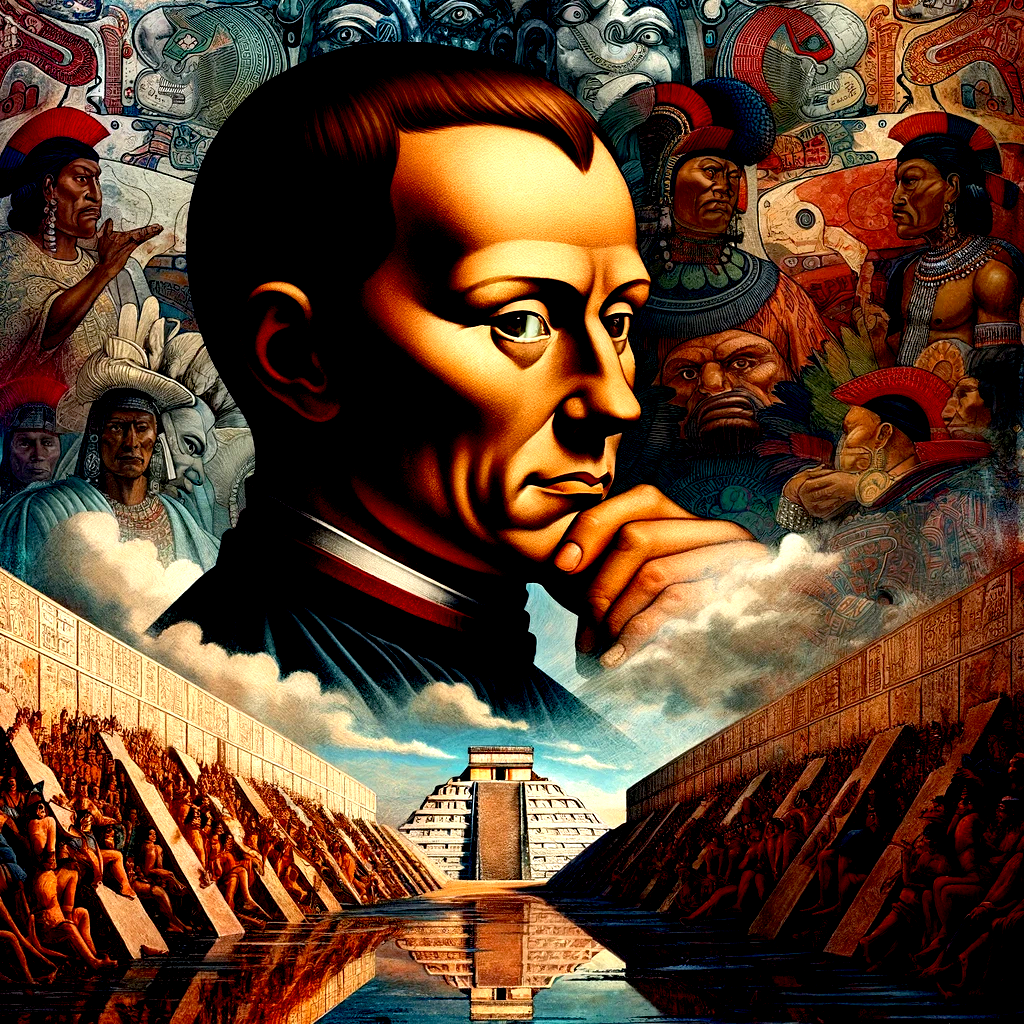In the annals of history, few names are as misunderstood or as pivotal in shaping modern political thought as Niccolò Machiavelli. An Italian Renaissance philosopher, Machiavelli’s profound understanding of power dynamics and statecraft has influenced countless leaders and thinkers across centuries. Yet, the implications of his teachings extend far beyond the corridors of European power, casting long shadows over the Black identity crisis that persists to this day.

Niccolò Machiavelli was not merely a man of his time but a cynic who dissected the mechanisms of power with surgical precision. His seminal work, “The Prince,” was written as an instruction manual for the Medici family, rulers of Florence, and it provided a blueprint for maintaining control over territories, both local and conquered. His book is probably what inspired the popular book “The 48 Laws of Power,” however “The Prince” is written with a depth and ruthlessness that is 100-times more detailed and diabolical.
Machiavelli’s advice was stark, favoring fear over love, terror over peace, when it came to governance. He posited that to hold foreign lands, a ruler must reside among the conquered, employing divide-and-conquer strategies, and manipulating minority factions to maintain dominance over the majority. His pragmatism extended to advising princes on erasing the cultural memories and histories of the subjugated peoples to cement their control.
It was this Machiavellian blueprint that European conquistadors carried in their hearts, if not in their hands, as they set sail to the New World following Columbus’ voyage in 1492. Armed with a blend of ambition, greed, and the tactical acumen inspired by “The Prince,” they embarked on a campaign of domination that would irrevocably alter the fate of the indigenous populations of the Americas.
The conquistadors, professing Christianity while practicing Machiavellianism, epitomized the duplicitous nature Machiavelli described. Their double-crossing tactics and ruthless suppression of Native Americans laid the groundwork for a legacy of exploitation and cultural genocide. The Native Americans eventually observed that “the white man speaks with forked tongue,” but it was too late. Their strategic obliteration of native identities, languages, and histories was not just a byproduct of conquest but a deliberate effort to disorient and subdue—a tactic Machiavelli detailed with chilling clarity.
The most pernicious and lasting impact of Machiavellian thought, however, is seen in the African diaspora’s struggle with identity. The tactics of cultural erasure and historical rewriting employed by European colonizers in Africa and the Americas were straight from the Machiavellian playbook. By destroying the cultural artifacts, histories, and social structures of the enslaved and colonized peoples, Europeans sought to create a void where resistance might have flourished.
This systematic dismantling of identity and history has left generations of Black individuals grappling with a profound crisis of self. Stripped of their ancestral connections, languages, and traditions, they were forced into a limbo, neither able to reclaim their past fully nor integrate seamlessly into the fabric of their conquerors’ societies. The echoes of this Machiavellian strategy reverberate today, as Black communities work tirelessly to uncover and reclaim the buried truths of their heritage.
In exploring the profound influence of Niccolò Machiavelli’s philosophy on the black identity crisis, it is important to recognize one of the most influential cultural figures, rapper Tupac Amaru Shakur. Was 2pac trying to raise awareness of Machiavelli’s sabotaging effect on history by calling himself “Makaveli the Don”?—the “Don” is a Italian for a “powerful mafia leader”… It is highly likely, because rapper Tupac Amaru Shakur was actually named after the last indigenous Incan king of Peru, Tupac Amaru who fought the Spanish conquistadors in the late 1500s and was ultimately beheaded in cold-blood in front of the indigenous crowds. Rapper Tupac’s deliberate nod to Machiavelli is far from a mere stylistic choice; it serves as a critical bridge, connecting historical Machiavellian tactics of colonizers to the contemporary struggle for Black identity and consciousness.
2pac’s final album (before he was shot-down at age 25) was a desperate flow of anger, revelation, and calls to action. It served as a verbal assault against the injustices borne from historical and contemporary Machiavellian strategies. Tupac’s message was clear: awareness and resistance are the antidotes to manipulation and control. Through his music, he endeavored to awaken a collective consciousness among his listeners, empowering them to recognize and challenge the structures of power that sought to define their identities and limit their potentials.
While Niccolò Machiavelli might not have envisioned the far-reaching consequences of his writings, the application of his theories by European powers has indelibly shaped the course of global history. The Black identity crisis is a testament to the lasting power of Machiavellian tactics of domination and control. Yet, as the modern world grapples with the legacies of colonialism and slavery, there is a growing recognition of the resilience and strength of Black cultures. In their relentless pursuit of truth and identity, these communities challenge the very premise of Machiavellian erasure, proving that even the most systematic attempts to suppress one’s history and identity can never fully extinguish the human spirit.